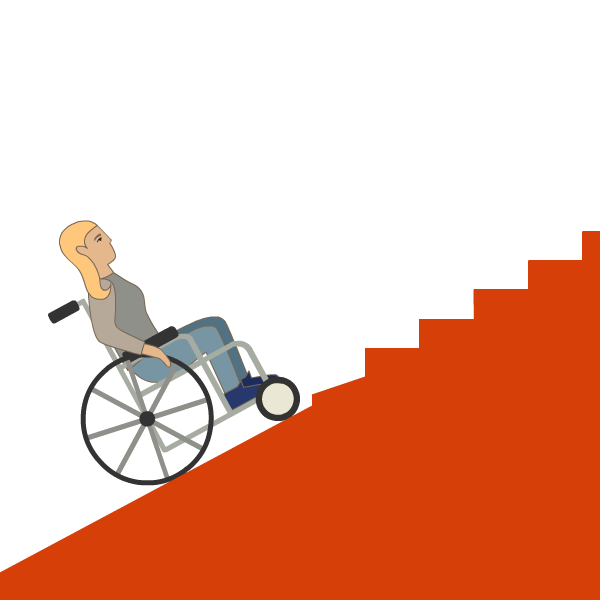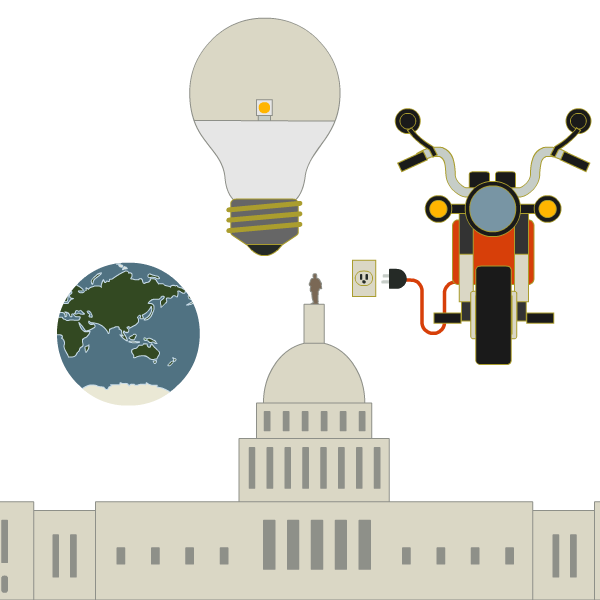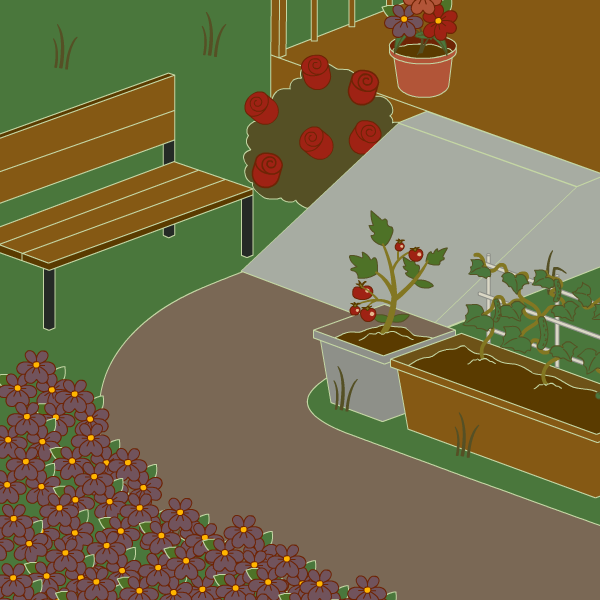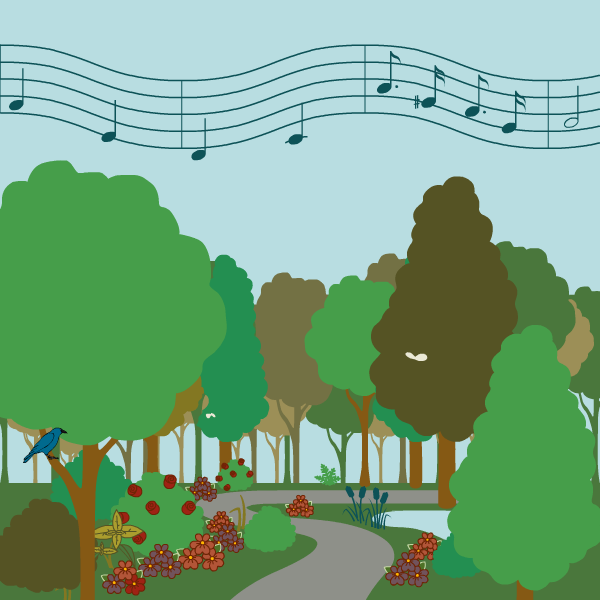It’s an idea that motivates Elizabeth “Lizzy” Ragan, ’13, every day. In 2019, a climbing accident left her paralyzed from the chest down. But she didn’t let this life-altering event stop her. Instead, she's focusing on issues that matter most to her: creating a more equitable health care system and building awareness about accessibility for people with disabilities — in the workplace, in public spaces and in the outdoors.
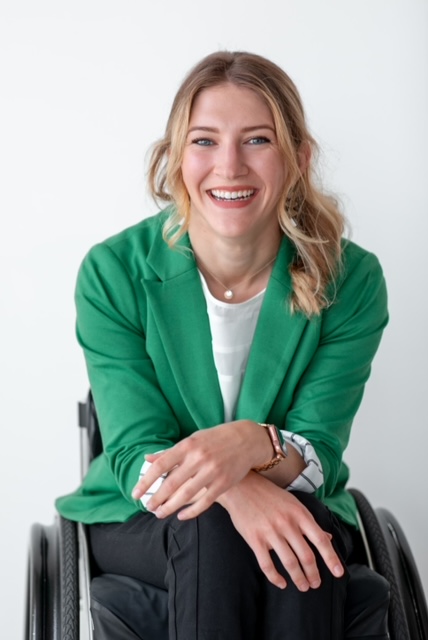
Ragan’s perseverance is evident. Following her graduation from Oregon State, the College of Public Health and Human Sciences alumna’s work has focused on infectious diseases and how they are intertwined with poverty and equity. At Boston Medical Center, she managed a program to address the issues of accessibility to COVID-19 vaccines and care for underrepresented communities. In addition, she worked with the medical center’s leadership to develop an institutional biorepository — a collection of samples including blood, urine, tissue, cells, DNA and proteins — to assist with pandemic response research.
“What gets me up in the morning is a desire to play my part in figuring out how to ensure all people have an equal chance at living healthy lives,” she says. Having had to adapt to a new normal herself, she encourages others to find confidence in their own strength.
“I always tell people you really don’t know how strong you are until you’re faced with adversity,” she says. “And I bet you that you’d surprise yourself.”
In 2022, Ragan received another opportunity to work toward her goals when she was chosen as a White House Fellow in the Office of Science and Technology Policy. In this role, Ragan is supporting The American Pandemic Preparedness Plan, which includes initiatives to prepare U.S. clinical trials infrastructure to take on another widespread disease outbreak like COVID-19. This plan essentially works to get ahead of issues like vaccine creation before they may be needed.
Ragan says she is honored to be selected for this once-in-a-lifetime experience, especially as a person with a disability. Previously, employees with disabilities made up only 1.1% of the federal workforce in the executive branch.
“I hope my selection to this program inspires and helps others to envision themselves here too. American leadership should represent the American people, and that means more people with disabilities in positions that allow them to advocate for and make decisions related to advancing the lives of people in this country.”
Beyond helping people with disabilities see themselves working in places like the White House, Ragan is working to increase opportunities for outdoor activities like adaptive cycling. An avid mountain biker before and after her accident, Ragan emphasizes even the smallest changes can make a trail easier for people with adaptive equipment to use, like creating wider trails or making sure there is enough space to maneuver between large logs. With the help of groups like the Northwest Trail Alliance, she has found others who are dedicated to making these changes happen.
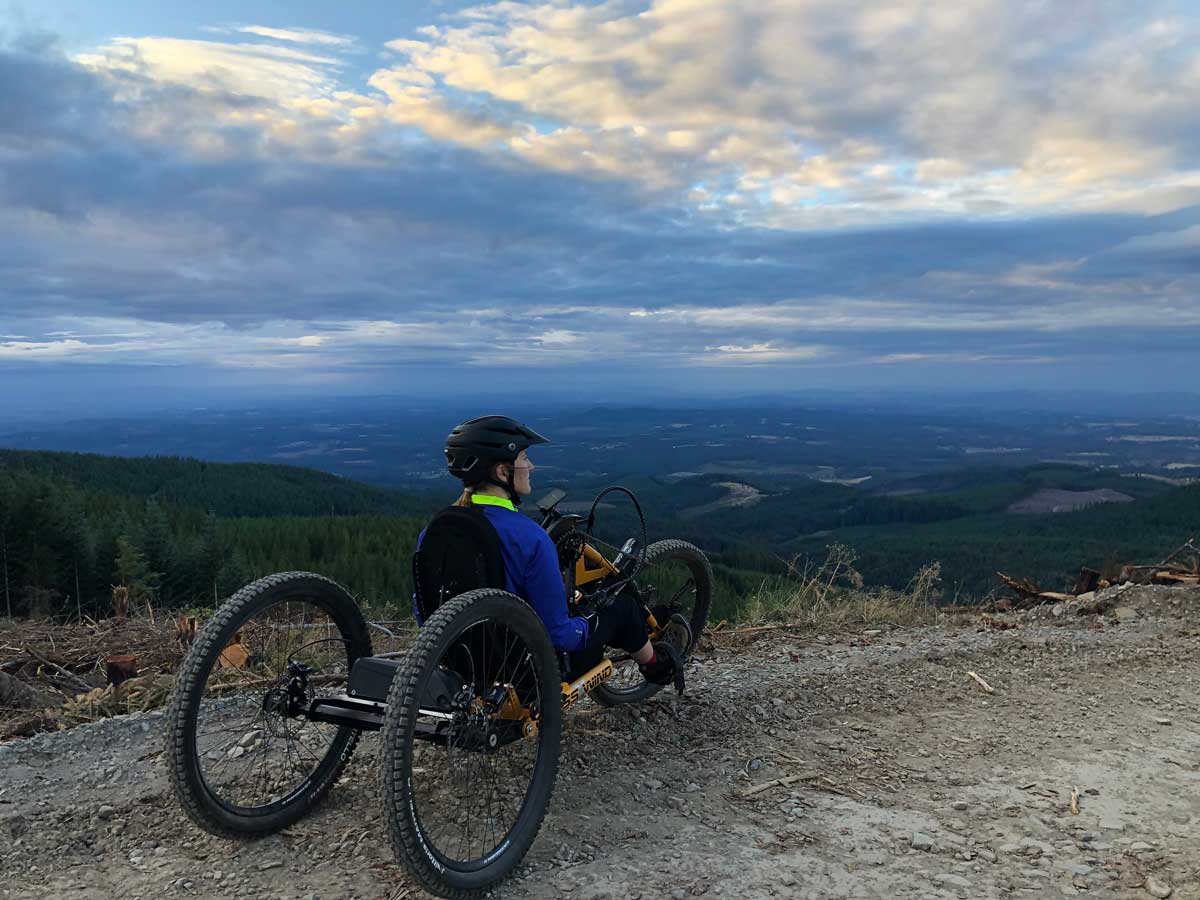
Ragan believes everyone can work to become better allies for people with disabilities by making sure they have a seat at the table and that their lived experiences are considered. Representation matters, she says, and the more we educate ourselves about the issues people with disabilities face, the better we’ll be at solving problems together.
Once her one-year fellowship is complete, Ragan plans to use this White House experience as a springboard to her next great adventure. And this spring, she will cross one item off her list: racing in the hand cycling division of the Boston Marathon.
Ragan’s ambition and empathy are undeniable. She has blazed the trail for so many — now it’s our turn to join the cause.

Sharing her love for the Pacific Northwest through art
Besides being a health policy and disability advocate, Lizzy Ragan is an artist. She shares her love of art, the outdoors and the Pacific Northwest through watercolor paintings of mountains, wildflowers and landscapes. She says the paintings serve as their own medicine and have provided a great deal of healing. To see more, follow @lizzyraganart on Instagram.
The views expressed in this story do not represent those of the White House or the White House Office of Science and Technology Policy.
